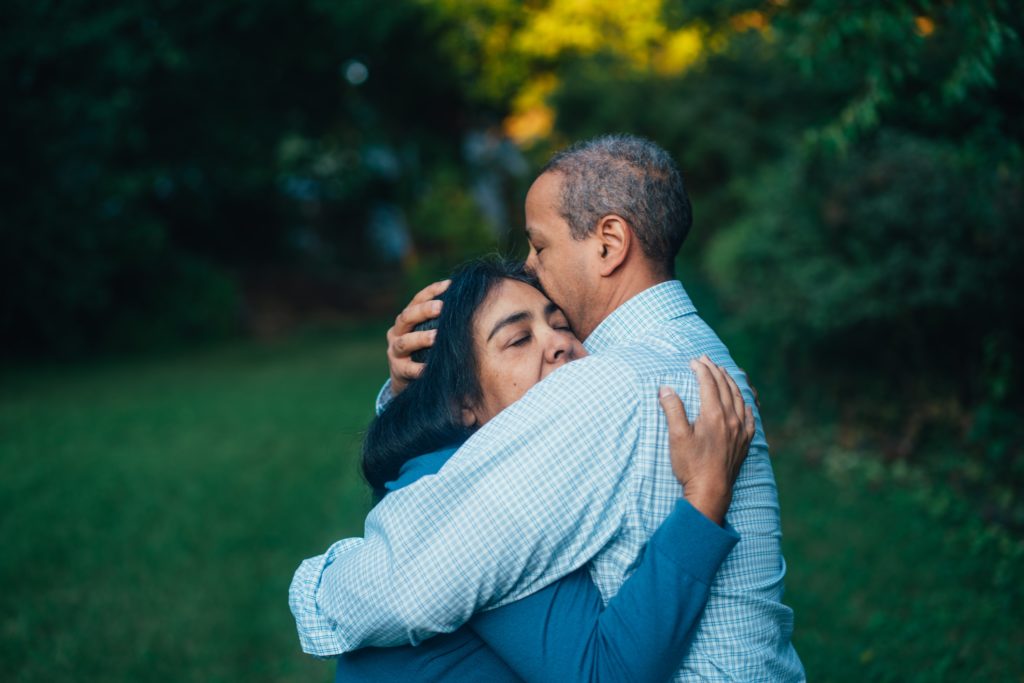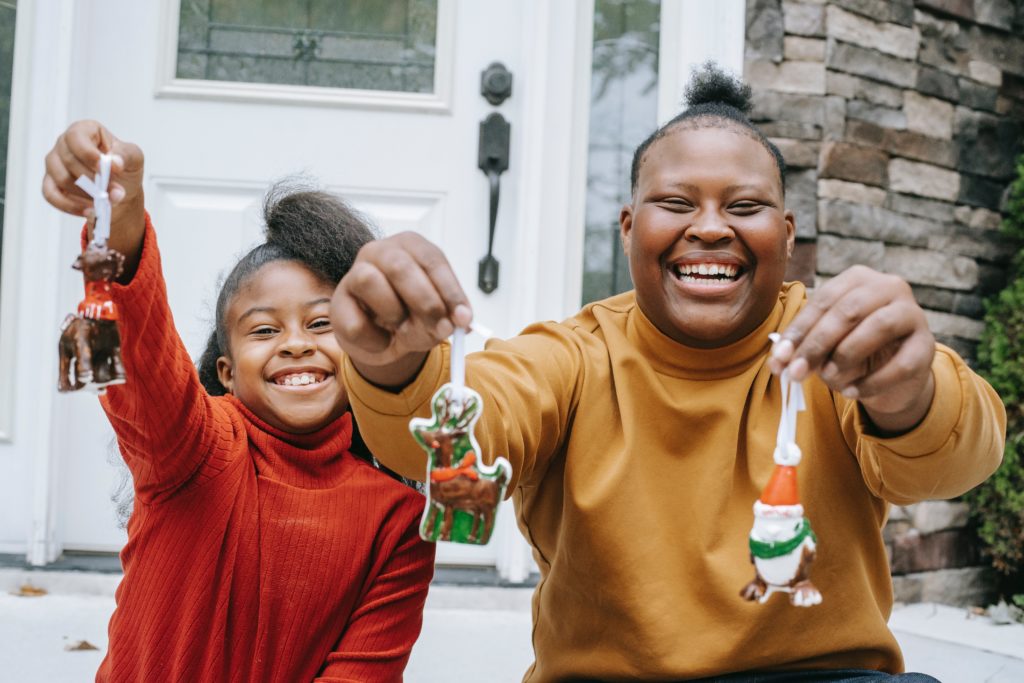December 16, 2020

Around the world, the holiday season is often filled with excitement and anticipation. A bustling time of year where centuries-old traditions mix with modern cultural practices of coming together with loved ones for celebration and the enjoyment of special foods such as tamales, candied yams, and kugel to create a beautiful fusion of heritage and meaning. For some of us, hearing the festive holiday music during this time of year is a particular favorite. In reality, we know that not everyone’s holidays are filled with sparkle and shine or the warm cozy vibes of chestnuts roasting on an open fire. We have put together a list of the Top 4 issues we see frequently show up for women during the holiday season along with tips to help.
1. Grief & Loss

The collective grief and loss associated with the Covid-19 pandemic as well as the loss of many of our loved ones due to Covid-19 have caused many of us indescribable grief that is compounded upon other losses we have experienced in our lives. This time of year can be particularly painful for those who have lost loved ones. Holidays can trigger pangs of grief and feelings of profound loss that can be overwhelming and feel suffocating. Going through the holidays without these loved ones can make the pain ever so present, real, and raw. Sometimes, we are afraid to talk to others about the loss we feel in our hearts due to the fear that we may burden them with our feelings.
Tips: Allow yourself a moment to acknowledge your feelings with a loved one, friend, or anyone that is a part of your sacred circle. Know that you are allowed to be vulnerable with the people who have earned that place in your heart. Share beautiful memories with them. Express your pain. Take time to remember and honor your loved ones in a special way such as making their favorite dish, visiting their favorite place, or making a special memento in their honor.
2. Loneliness & Isolation:

With a strong focus on connection, family, and friends during the holidays, it can be incredibly difficult when one may not feel as connected to others due to physical distance or emotional distance. Some of us may feel lonely and isolated during this time–especially during our current times of social-distancing. You are not alone and this is normal. We are hard-wired for connection. Here are some simple suggestions to help decrease your sense of loneliness and isolation.
Tips: Give yourself permission to reach out to others and explore new ways to connect with the community you do have. Oftentimes, we overlook opportunities for meaningful connection such as getting to know our neighbors, becoming more engaged in our faith community, or participating in local community events or initiatives. Perhaps there is someone you have lost contact with over the months and years (e.g. co-worker, friend, family member) that you desire to reconnect with. Challenge yourself to reach out to them and connect virtually via FaceTime, Zoom, WhatsApp, or Google Duo.
3. Trauma

The holidays can be full of triggers for trauma, abuse, or painful memories from previous times in our lives. In these moments, we can feel a variety of emotions such as feeling numb, overwhelmed, anxious, angry, or disconnected from our minds, bodies, and surroundings.
Tips: Work at getting into the present moment. You can do this by using all of your senses to notice what is right there around you (i.e. what you hear, see, smell, and feel). As you engage in this practice, allow your nervous system to settle. Let yourself know that you are an adult today and have a voice and power unlike when you were a child. Let the little girl parts inside of you know that today, they are safe—and that you are there for them.
4. Family Dynamics:

Some of us would definitely use the words dysfunctional or unhealthy to describe our family dynamics. Lingering or underlying feelings such as resentment, sadness, or anger from early wounds and experiences or the frustrations of difficult family members may make it challenging to enjoy the time spent together during the holidays.
Tips: Plan ahead of time and avoid getting pulled into the conflict and drama. Tune into your body and notice what you need. Do you need to take a break to ground yourself? Do you need to end the conversation or steer it in another direction? You may even need to limit the time spent at an event or gathering. Give yourself permission to set boundaries if needed. If you find yourself struggling not to react in problematic ways, try the helpful “STOP” skill from dialectical behavioral therapy (DBT). STOP stands for stop, take a step back, observe, and proceed mindfully. In other words, take a pause before deciding how you want to respond.
As we know, the 2020 holidays are looking a lot different this year, and we hope that you feel a bit more prepared to respond to and cope with any of these themes that may arise for you. If they have shown up, we want to remind you that it is still possible to have a meaningful and fulfilling holiday season. If you find yourself struggling, feeling stuck, and wanting additional support, you can reach out to us. We are always here to support you. Holidays? Maybe So...
Authors: Janiel L. Henry (PSY#28724), Maaria Shaikh (LMFT#93664), Jennifer Sasaki (LMFT #82462).
*Please Note: The information provided on or through this website or blog is for educational and informational purposes only and solely as a self-help tool for your own use. Engaging with this material does not constitute a client/therapist relationship*

Comments